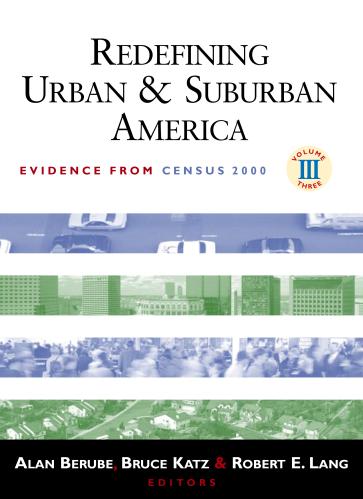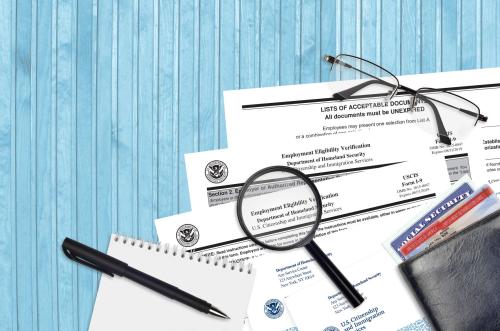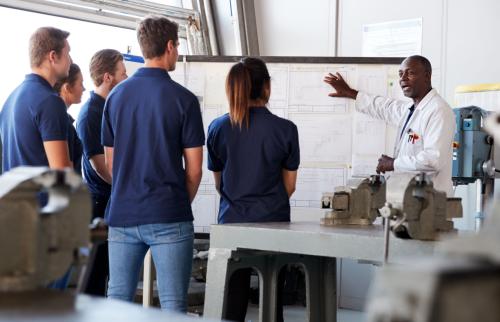In the following interview, Bruce Katz explains how metropolitan areas that focus on their export competitiveness will be key to the nation’s economic recovery.
JOHN MAGGS, National Journal: As the director of the Brookings Institution’s Metropolitan Policy Program, Bruce Katz hesitates to specify the cities that he expects to thrive as the economy recovers. But he is happy to describe them. They are the ones that can satisfy a rising demand for exports or supply the industries of the future. For the past generation, government erred in promoting real estate, finance, and consumption as the engines of economic growth, he says, and “we’re not going back” to that kind of economy.
BRUCE KATZ: There is an emerging macro vision of where the economy needs to go. The United States is going to export more. We’re going to move to a low-carbon, clean-tech economy as a market proposition. We’re not just going to do this for sustainability reasons. We are going to do this because there are jobs and markets to serve. We are going to innovate in what matters, and we are going to produce and deploy more of what we invent. So manufacturing actually is going to become more of the American narrative again.
MAGGS: If the U.S. pursued the right policies, manufacturing would stop its long decline?
KATZ: We are going through a disruptive period where demand is coming from abroad — and will be for the foreseeable future. China, India, and Brazil are urbanizing at the same time, and they are building a middle class that is going to consume more. As they do, they need to buy products and services, some of which we actually have a competitive advantage in. We’ve so down-talked ourselves that we don’t realize that aircraft, spacecraft, advanced machinery, precision surgical instruments, high-quality pharmaceuticals — there are a whole bunch of things on which the United States stands out as being a very substantial producer, both domestically and globally.
MAGGS: You are saying that clean technology itself will be a major source of economic growth?
KATZ: Absolutely, and it is going to extend from renewables — solar, wind, and nuclear. It is going to involve sustainable infrastructure, high-speed rail, transit, rapid bus, the smart grid, energy-efficient appliances. For a long time, the only thing anyone heard about the green economy was energy retrofits, which is only one element of this. We think that the effect of the low-carbon transformation will be as dramatic as the information revolution. And like info-tech, it will cluster in certain metros.







Commentary
As the Economy Recovers, Will Exporters Have an Edge?
September 11, 2010